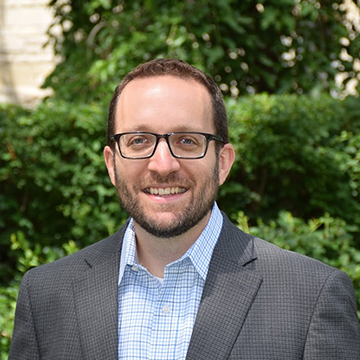Policy Discourse and Decision Making
A Message From Daniel Galvin, Program Chair

From the partisan divide on COVID-19 to systemic racial injustices to impediments to democratic participation, political institutions are being tested like never before. IPR faculty examine how political, social, and economic dynamics affect institutional operations and decision-making processes in the United States. Researchers analyze the interplay between political institutions, political behavior, and public policies.
Working Papers
Recently published articles and working papers in this program area include:
Burton Weisbrod. 2025. Financial Rewards for Health Care Program Outcomes and Why They Can and Do Lead to Undesired Results (WP-25-09).
Charles F. Manski, John Mullahy, and Atheendar Venkataramani. 2025. Prediction with Differential Covariate Classification: Illustrated by Racial/Ethnic Classification in Medical Risk Assessment (WP-25-04).
Lauren Bauer, Krista Ruffini, and Diane Whitmore Schanzenbach. 2024. The Effects of Lump-Sum Food Benefits During the COVID-19 Pandemic on Spending, Hardship, and Health (WP-24-35).
Faculty Experts
Representing the fields of political science, economics, social policy, psychology, and sociology, faculty delve into the worlds of politics, institutions, and policymaking.
Events
Sexual Harassment in Urban India: Prevalence and an Intervention
By Lori Beaman, Professor of Economics and IPR Fellow
Gendered Disparities in Health: From Hysteria to Functional Neurological Disorder
By Rebecca Seligman, Associate Professor of Anthropology and IPR Fellow



